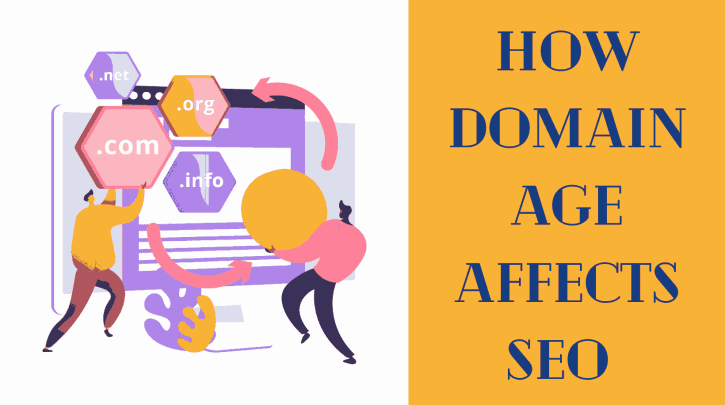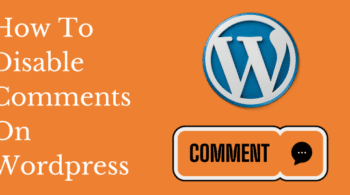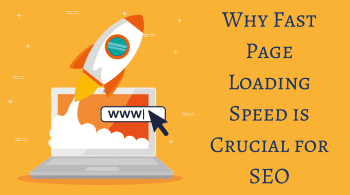When it comes to SEO (Search Engine Optimization), there are numerous factors that influence your website’s ranking in search engine results. One of these factors that often gets overlooked is the age of your domain. In this blog post, we will explore the significance of domain age in SEO and provide you with actionable insights on what you can do to improve your website’s SEO performance. So, let’s dive right in!
Understanding Domain Age:
To put it simply, domain age refers to the length of time a domain has been registered and actively used for a website. Google and other search engines consider domain age as one of the ranking factors. While it’s not the most critical factor, it can certainly impact your SEO efforts.
Why Does Domain Age Matter?
Domain age is important in SEO for several reasons:
- Trustworthiness: Older domains are often perceived as more trustworthy by search engines. They have a longer track record, which can be an indicator of reliability.
- Consistency: Older domains tend to have a more consistent online presence, indicating that the website has been around for a while. This can be a sign of quality and stability.
- Backlinks: Older domains often have a larger backlink profile, which can contribute to better search engine rankings. Over time, websites tend to accumulate more inbound links.
- Credibility: As your domain ages, you can establish credibility in your niche or industry, which may lead to more opportunities for high-quality backlinks and collaborations.
- Branding: A well-established domain often has a strong brand presence, which can indirectly influence SEO by driving organic traffic.
What You Can Do About It:
Now that we understand why domain age matters in SEO, let’s discuss what you can do to mitigate any potential disadvantages if you have a newer domain or leverage the advantages if you have an older one.
- Quality Content: Regardless of your domain age, focus on creating high-quality, relevant content. Content is king in SEO. Consistently publishing valuable articles, blog posts, and multimedia content will help you build authority and attract both search engine traffic and backlinks.
- Keyword Optimization: Conduct thorough keyword research and optimize your content with relevant keywords. Use tools like Google Keyword Planner to find keywords with moderate competition and high search volumes. Include these strategically in your content to boost your SEO.
- User Experience: Ensure your website is user-friendly, loads quickly, and is mobile-responsive. A positive user experience can lead to longer visitor durations and lower bounce rates, which are good signals for search engines.
- Link Building: Actively work on building a diverse and high-quality backlink profile. Reach out to relevant websites and request backlinks or guest posting opportunities. Quality links from authoritative sources can help compensate for domain age.
- Social Media Presence: A strong presence on social media can help you gain visibility, attract traffic, and build a community. While it may not directly impact domain age, it can indirectly improve your SEO performance.
- Consistency and Patience: Building domain authority and trust takes time. Be patient and consistent in your efforts. Over time, your domain will naturally age, and if you follow best practices, it will have a positive impact on your SEO.
- Competitor Analysis: Study your competitors, especially those in your niche with older domains. Analyze their strategies, keywords, and content. Learning from their success can help you improve your own SEO efforts.
- Local SEO: If you have a local business, optimize for local SEO. Claim your Google My Business listing, encourage customer reviews, and ensure your NAP (Name, Address, Phone) information is consistent across the web.
Conclusion (Does Domain Age Affect SEO):
While domain age does play a role in SEO, it’s not the be-all and end-all. The SEO landscape is continually evolving, and search engines are becoming more sophisticated. So, even if you have a newer domain, you can still achieve high rankings with the right strategies, persistence, and a commitment to providing value to your audience.
In summary, focus on creating high-quality content, optimizing for relevant keywords, and building a strong online presence. As your domain matures, the advantages of domain age will naturally start working in your favor.
Remember that SEO is a long-term game, and success often comes to those who are willing to put in the effort, adapt to changes, and keep learning. Domain age is just one piece of the puzzle, and by following these tips, you can improve your website’s SEO performance regardless of your domain’s age. So, get started, stay consistent, and watch your website climb the search engine rankings!
Does domain age matter in SEO?
Yes, domain age is one of many factors that influence a website’s ranking in search engine results pages (SERPs). While it is not the most critical factor, it can still impact SEO efforts.
What is domain age in SEO?
Domain age is the length of time a domain has been registered and actively used for a website. It is one of many factors that influence a website’s ranking in search engine results.
How important is domain age for SEO?
While not a direct ranking factor, domain age can indirectly influence SEO. Older domains often gather backlinks, content, and user trust, acting as subtle trust signals for search engines. But don’t obsess over buying an old domain! Focus on creating high-quality content, earning natural backlinks, and optimizing your website’s technical aspects. These are the real SEO boosters, no matter your domain’s age.
Domain age SEO factor
Domain age itself isn’t a secret weapon for SEO, but it can be a subtle advantage. Older domains often have accumulated backlinks, content, and user trust, which indirectly signal authority to search engines. However, don’t get hung up on buying an old domain – focus on creating awesome content, building natural backlinks, and optimizing your website’s technical aspects. These are the true keys to unlocking high rankings, regardless of your domain’s age.







